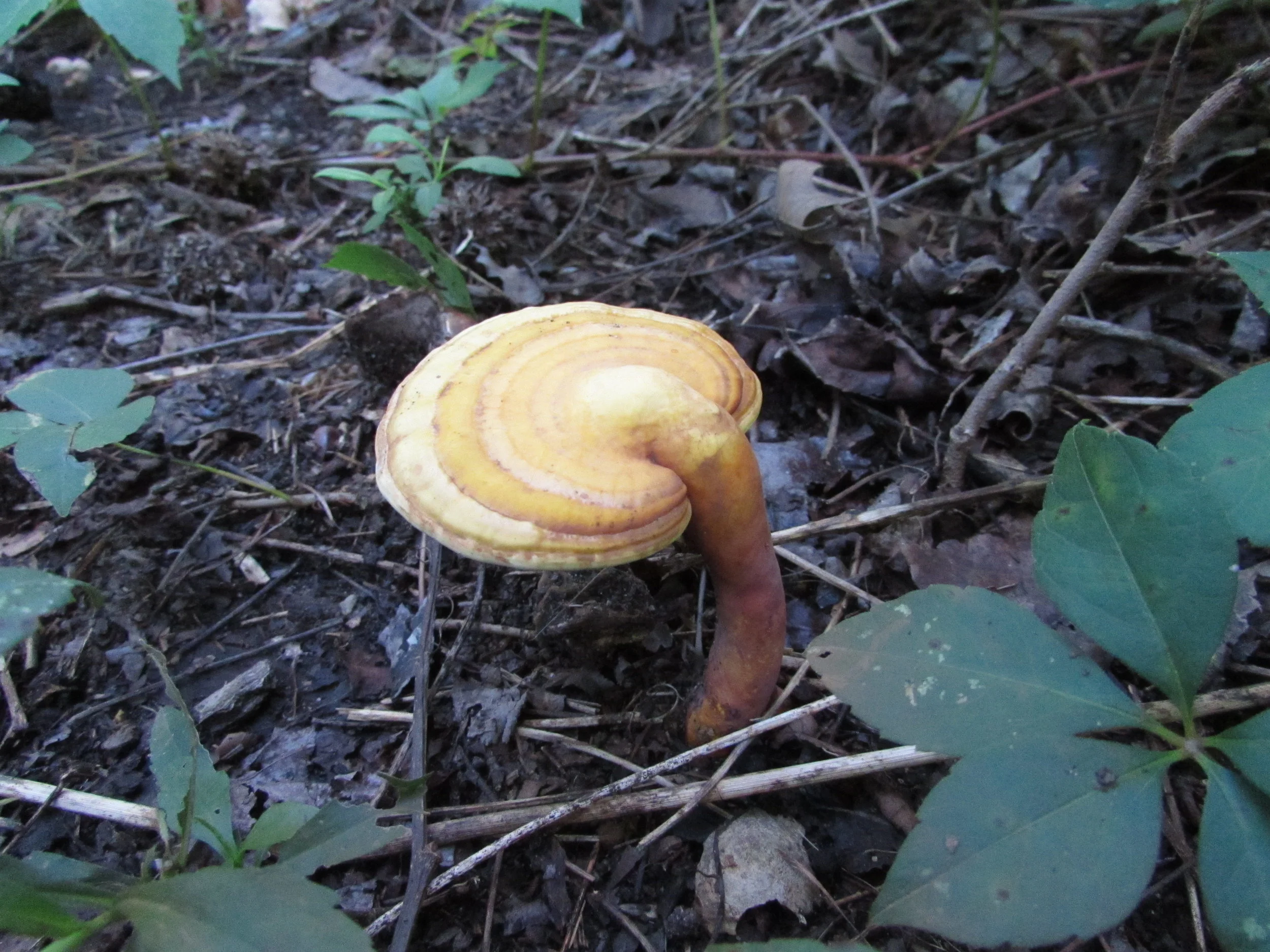About twenty minutes into the January 31 edition of the Nature Podcast Nick Bostrom makes an interesting case for promoting scientific advances by focusing more scientific research on how to enhance scientists’ own thinking processes.
According to Bostrom, just a “one percent improvement” in thinking processes, perhaps stimulated chemically, would have substantial benefits if applied universally to scientists engaged in research.
Ignoring for a moment how you would measure a “one percent improvement” in cognitive processes, I find this line of thinking quite intriguing. Bostrom is head of an organization called the Future of Humanity Institute at Oxford University. This is the kind of thing the faculty there think about all the time, and I’m all for it. It’s a rational approach to thinking about how to advance research because it focuses on the sources of the research — the scientists themselves.
But how realistic is this idea? Apparently there has been quite a lot of discussion about “cognitive enhancement” as a cursory Google search will show. And just this week on the nightly news I saw a report on how a chance event during brain surgery resulted in one patient’s improved memory. (I know this latter phenomenon is real since someone very close to me experienced significant memory improvement following her own brain surgery.)
Still, rather than pursue development of a race of Thufir Hawats, I wonder if it might be cheaper and quicker to foster more scientific advances by encouraging more collaboration among people working in areas that are separated by organization or professional boundaries. I’m a great believer in serendipity and disciplinary cross-fertilization. How about rewarding people who collaborate on research or publishing projects that explicitly bridge traditional boundaries?
When you think about all the pressures people have to stay within the “comfort zones” of professional or disciplinary communities, though, there are many situations where going outside is actively or passively discouraged. That’s why I think that collaborative technologies, social networks, and expertise management systems can play a role in overcoming such boundaries.
In fact, I seriously question whether speeding up thought processes or improving memory will have the results that Bostrom suggests, unless there is an accompanying improvement in collaboration and communication, especially in areas that beg for cross-disciplinary and cross-boundary communication, such as sustainability. Solving our energy and natural resource crises clearly involve more than the development of pure technical solutions.
Besides, remember what happened to Dr. Ostrow when he used the Krell’s brain boosting machine?


